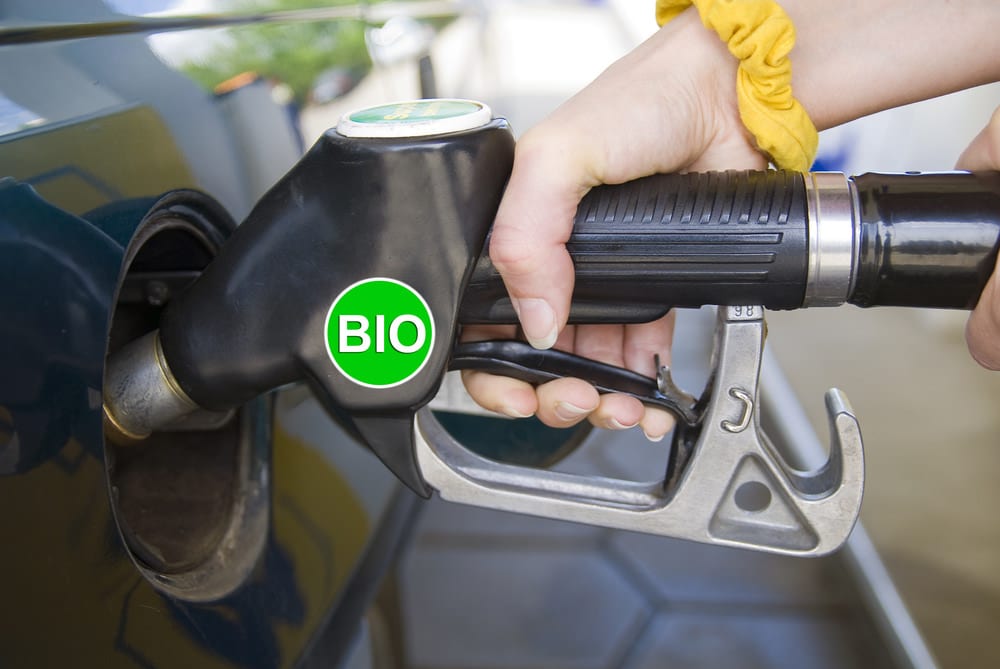

Whether you already know the environmental benefits of using biofuel or you are simply considering whether it is an option you want to pursue in your next vehicle, it is important to understand how it works. Biofuel, which is made from waste byproducts and agricultural products, is a renewable energy source that is cheaper and more eco-friendly than both gas and diesel fuels. As such, it is becoming a major consideration for those who want to lessen their impact on the earth and save at the gas pump. The following are some of the essential things you need to know about biofuel.
There Are Three Types
Biofuel is available as biomethane, which is obtained from organic materials as they decompose; ethanol, which is made up of starch, sugars and cellulose and is currently used in gasoline blends; and biodiesel, which is derived from cooking waste and seed oils. There are also biofuels made from algae, which requires less land and can be genetically modified to produce great amounts of oil or biofuels.
Fewer Emissions
The initial interest in biofuels was due to the stricter standards put in place for vehicle emissions. These fuels burn more cleanly, resulting in fewer emissions of particulate matter, greenhouse gases and sulfur from the tailpipe.
Energy Content
The energy content of biofuels is a major consideration when looking for a replacement for conventional fuels. Currently, biodiesel has an energy content of around 90 percent of what is provided by petroleum diesel. Ethanol provides around 50 percent of the energy of gasoline and butanol produces around 80 percent of the energy content of gasoline. This lower energy content translates to vehicles traveling fewer miles when using the same amount of each fuel.
Land Requirements an Issue
While there are obvious benefits to using biofuels, the manufacturing methods currently in place make them a less than feasible option for mass production. The sheer amount of land required for planting sources that could be used for creating the oil are enormous. For example, a popular material is jatropha. In order to meet the global fuel demands, an area the size of the US and Russia combined would need to be planted with this material.
Study Is Ongoing
While mass production of biofuels is currently not possible on a global scale, scientists are still working to discover methods that would minimize land requirements in order to better facilitate the use of biofuels in the automotive industry.



